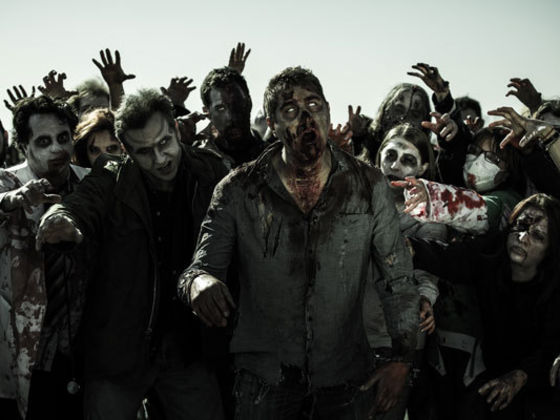
Phoenix, Arizona is, on first encounter, a really strange place. Of course, we have heard the stories about Sheriff Joe, the tent cities for prisoners and the hounding of overstayers. We know that the city is plonked in the middle of a desert. Flying there from Los Angeles is to travel mainly over what appears to be the southern part of the Mojave Desert, a yellow, barren expanse of endless rock. But we did not know that, on arrival, the large airport would be deserted or that the city centre itself would be apparently devoid of people.
I was there for a conference on the children of prisoners. While the traumatic effect of parental imprisonment is an important issue everywhere, it is particularly so in the United States where mass incarceration has devastated families and communities, particularly people of colour. In Arizona, the rate of incarceration is six times what it is here, at 1200 per 100,000 of population. The main reasons for this are the ‘war on drugs’ and also the length of sentences given, often for quite minor crimes. Women are also jailed for prostitution, which increases the female numbers.
You would think that with all these people in prison, the streets would be full of law-abiding persons of good character. What I saw there, on my little tiki tour on the buses, was a burden of poverty, hopelessness, physical and mental disorders, alcoholism and other problems that really shocked me. And my travels were into the East and North of the city, not the West and South where all the gang and violence problems apparently reside.
I was assaulted, too, by a very drunk man who plonked himself down next to me and proceeded to knead my thigh under the guide of scratching himself. He was asked twice to stop, so then I leapt up and he groped at me. I was furious and told him off loudly. When I got off at the next stop, he chased after me and tried to put his hand between my legs before pushing me. A couple of young black women came to my aid and we shouted him off, but I scuttled back to the hotel with one eye on what was behind me.
If sad idiots like that are roaming the streets, then goodness knows who is behind bars. How does the richest country in the world get to be like that, with untreated problems rampant, people showing no respect for others and basically economic collapse? I lost count of the number of people who asked me for a ‘bus fare’ on my travels. Mind you, perhaps what I experienced was simply post-Trumpist male behaviour over there – remember Trump claimed he could grab any lady’s bits that he wanted.
It is estimated that there are around 2.7 million children in the United States with a parent in prison at any one time. The figure here is estimated to be about 23,000. Most of these children have difficult lives, living in benefit-led families, often with unmet health and education needs and, unfortunately, suffering stigma and discrimination. Some are lucky, get good support and counselling and do really well. At worst, these children are at increased risk of themselves ending up in prison.
A lot of talk at the conference was about what the justice system – police, prisons and courts – is able do to make a difference for the families and children. In one system, the family of every person who enters a prison for the first time is contacted with information onto where the prisoner is, how to get in touch with them, what they should expect, whether they need any help with visiting and so on. Such as simple process but far from what we offer here. Some of the clients of the charity Pillars often call with frantic please to help find where their loved ones are.
In general, though, it is fair to say that those working with the families of prisoners in the United States are bowed down by the scale of the job. While the UK system is moving ahead quite quickly with family friendly services, the rest of us are far behind. In the UK, the finding last year in a report to Parliament that the ‘golden thread’ to preventing recidivism is maintaining strong family relationships has galvanised that country into reviewing the prison system.
But I digress. I have returned safely from Phoenix which, for several reasons, I now think of as the land of the zombie apocalypse. I saw the Grand Canyon, and it was amazing. I ate Mexican food in a Navaho restaurant. Papers given, book released, all tasks complete. It is good to be home.
Dr Liz Gordon began her working life as a university lecturer at Massey and the Canterbury universities. She spent six years as an Alliance MP, before starting her own research company, Pukeko Research. Her work is in the fields of justice, law, education and sociology (poverty and inequality). She is the president of Pillars, a charity that works for the children of prisoners, a prison volunteer, and is on the board of several other organisations. Her mission is to see New Zealand freed from the shackles of neo-liberalism before she dies (hopefully well before!).


this a justice industry looking for profits on the taxpayer.
Yes.
“How does the richest country in the world get to be like that”
Because the word ‘country’ doesn’t really apply here. A country is a place where people recognise the existence of the common good. The USA is just a whole lot of people with private property rights living in the same place at the same time. Not really a country apart from having a border and armed forces.
Comments are closed.